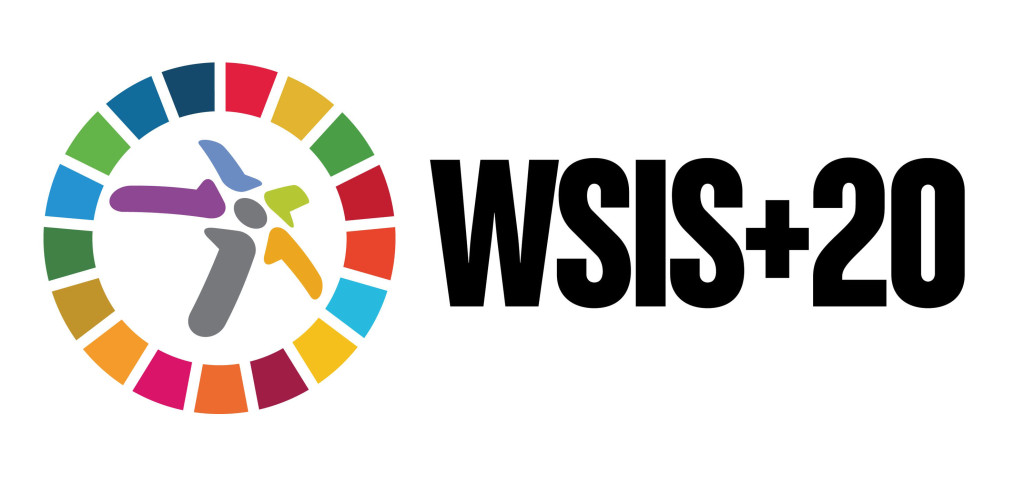ICANN backs permanent IGF, warns against internet fragmentation in WSIS+20 input
n its submission, the organisation supports making the Internet Governance Forum permanent, warns against fragmented internet architectures, and calls for clearer recognition of the technical community’s role alongside continued progress on multilingual domain names and universal acceptance.

ICANN has submitted its recommendations to the WSIS+20 Zero Draft, welcoming the document as a ‘strong basis’ for negotiation while calling for clear commitments to preserve an open, interoperable internet and strengthen multistakeholder governance structures.
In its submission, ICANN highlights several elements it wants retained in the final text, including the reaffirmation of the multistakeholder model, support for linguistic diversity, and explicit recognition of risks linked to fragmented internet architectures. It also endorses language supporting a permanent Internet Governance Forum (IGF) and the continued evolution of national and regional IGFs.
The organisation proposes clarifications to ensure the technical community is recognised as a distinct stakeholder group separate from academia, arguing this improves clarity around respective roles in internet governance. It recommends similar phrasing across relevant paragraphs in the draft.
ICANN suggests adjustments to terminology to emphasise the use of the internet, rather than mere availability, in shaping public discourse and information environments.
On multilingual access, the submission points to progress on Internationalized Domain Names (IDNs) and calls for faster uptake of Universal Acceptance to ensure domain names and email addresses in all languages function across digital services and applications.
To address fragmentation concerns, ICANN proposes aligning language with existing references to ‘fragmented Internet architectures,’ noting this better reflects technical risks.
ICANN also acknowledges the role of the Informal Multistakeholder Sounding Board established during WSIS+20 preparations and supports continued experimentation with such participation formats.
An annexe included in the contribution outlines elements for ‘The IGF We Want,’ focusing on long-term stability, logistical consistency, sustainable funding, and improved linkage between global, regional, and national IGF processes.
ICANN concludes that maintaining the internet’s global interoperability and safeguarding the multistakeholder system will require technical, policy, and institutional cooperation anchored in the WSIS framework.


